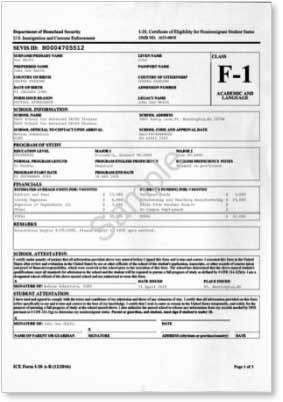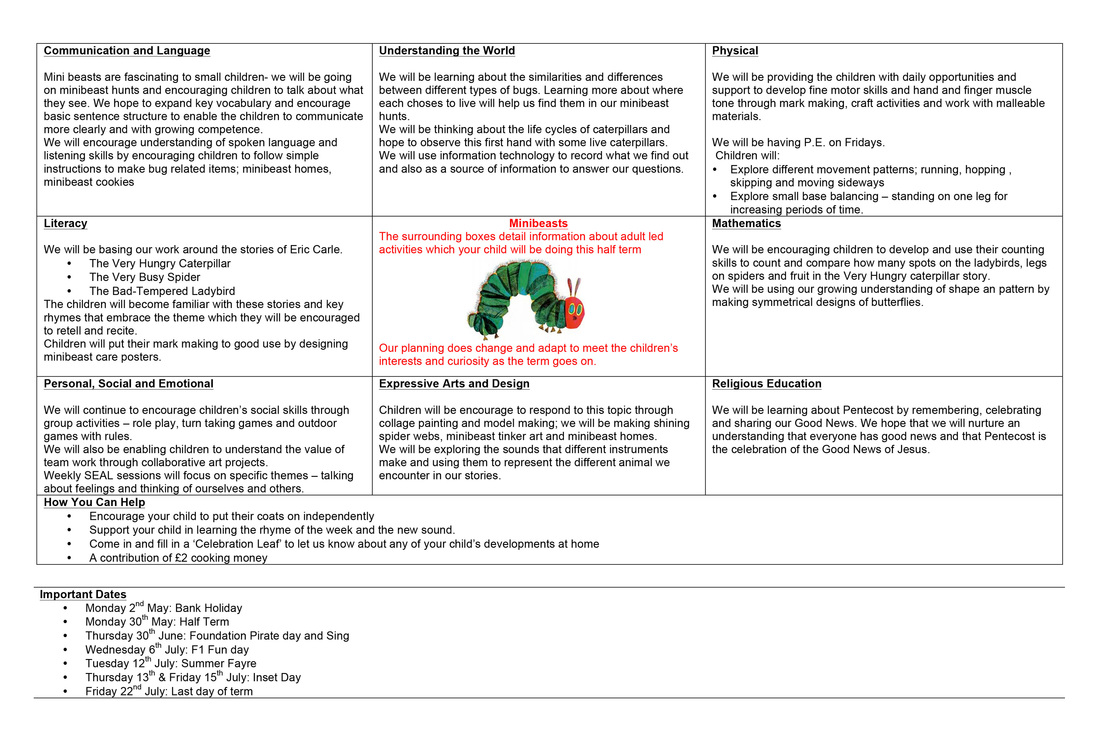
Once an individual has accepted an offer of employment, their identity and U.S. The two questions mentioned above are applicable in the interviewing context. Employers should seek experienced counsel if sponsorship or other work authorization issues arise during the course of an interview or other hiring conversation. Work authorization and immigration questions beyond these two questions run the risk of violating the anti-discrimination provisions of the Immigration and Nationality Act.

During interviews, employers may be eager to identify key skills and attributes to ascertain “fit.” Interviewing, though, can present a minefield of employment discrimination challenges. Hiringįrom a nonprofit director’s perspective, hiring the most talented and dedicated employees is critical to growing the organization and accomplishing its mission. This article provides an overview of several employment and immigration compliance topics affecting nonprofit tax-exempt organizations operating in the U.S. Organizations hiring new talent or bringing employees across borders need to be aware of how their nonprofit corporate and tax-exempt statuses may impact and be impacted by immigration processes and rules. immigration processes and entity formation. Nonprofit tax-exempt organizations have unique considerations with respect to navigating U.S.

If an H 1B cap-subject petition is filed for a F-1 student who has entered the 60-day grace period, the student will receive the automatic extension of his or her F-1 status, but will not be authorized to work since the student was not authorized to work at the time H-1B petition was filed.Authors: Catherine H.the student must not have violated the terms or conditions of his or her F-1 status.requests a change of status, not consular processing.requests an employment start date of October 1 of the current year."Timely filed means that the H-1B petition (indicating change of status rather than consular processing) was filed during the H-1B acceptance period, which begins April 1st, while the student's authorized F-1 duration of status (D/S) admission was still in effect (including any period of time during the academic course of study, any authorized periods of post-completion Optional Practical Training (OPT), and the 60-day departure preparation period, commonly known as the 'grace period'".

The student must be in a valid period of OPT (end date is April 1 or later) and have filed an H-1B petition that: Older Archived Immigration Policy Updates.International Student Advisory Council (ISAC).


 0 kommentar(er)
0 kommentar(er)
